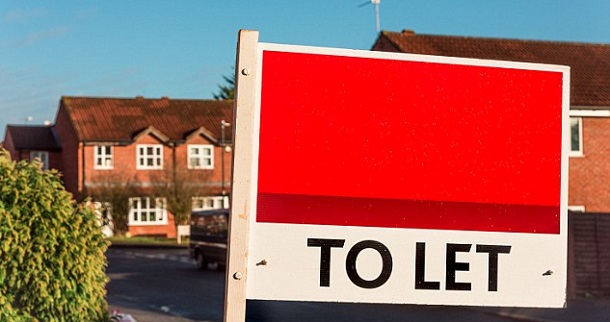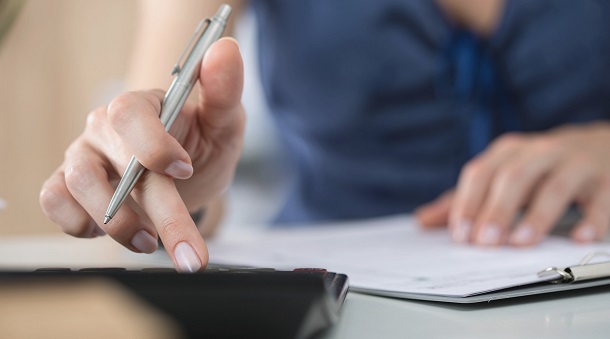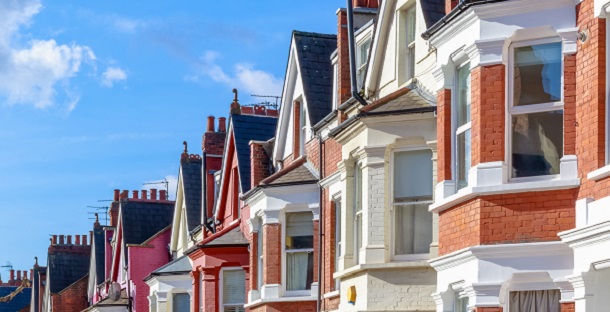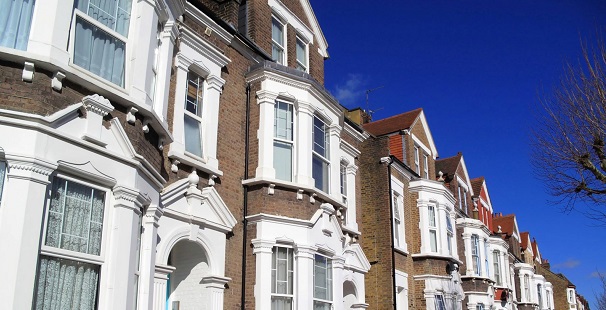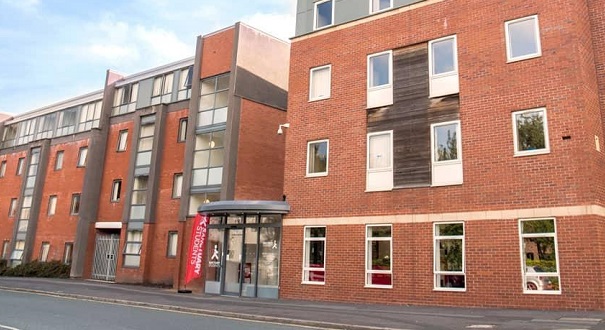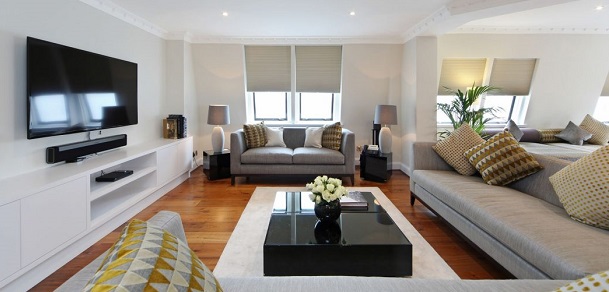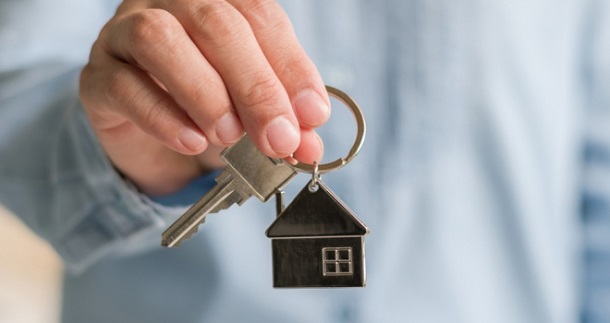
Renting out a property you own can be an excellent way of securing some extra income and is a great long term investment that many are making the most of. When you invest in buy to let properties, you will be a landlord to the tenants that live in your property, and being a landlord isn’t always a smooth process. As a landlord, you will have a number of legal responsibilities to both your tenants and your property.
It is vital that you are aware of these obligations and fully understand all of your responsibilities as a landlord. This guide covers everything you need to know about your requirements to guarantee the safety of your tenants, as well as the safety of your property investment.
Tenancy agreements
It is not actually a legal requirement to have a tenancy agreement in place. However, it is best practice and heavily advised as it will clearly set out all the rights and responsibilities for both yourself as a landlord, and your tenants.
Many landlords get tempted to dismiss the tenancy agreement, especially if they are renting to friends or family. However, if the tenancy doesn’t work out for any reason, it can leave you in a very difficult position if no legal documentation was in place.
Your tenancy agreement should detail who is responsible for paying utility bills, a full inventory report of the day the tenant moves in, and information on the length of the tenancy and agreed rent amount.
You might be tempted to include utility bills in the rent to make the property more attractive to tenants. Be wary of this as you will be giving your tenants free rein to use as much electricity and gas as they like, and you will be footing the bill.
Safety standards
As a landlord, you are responsible for the condition of the property and the safety of the tenants that are living in it. You are obliged to ensure the property is in a liveable state, and this includes:
- Fire safety: All furnishings in the property must meet the furniture and furnishings fire safety regulations. This includes sofas, chairs and beds that you may provide within the property. The label on the products or the manufacturer’s information should be able to detail if the items are compliant.
- Alarms: It is a requirement under the smoke and carbon monoxide alarm regulations 2015 that all rented properties must have at least one smoke alarm on each storey. If there are any appliances in the property that burn solid fuel, like wood or coal, then you must also have a carbon monoxide alarm. As a landlord, you are responsible for checking that these alarms are working before your tenants move in.
- Water quality: You are required to assess the safety of the water in the property to avoid the risk of Legionnaire’s disease bacteria developing in any stagnant waters. This is a rare occurrence in the UK as most systems don’t involve water tanks, but it is a legal requirement to check.
- Electrical appliances: It is your responsibility as a landlord to ensure that all electrical appliances are in a working and safe order before any tenants move in. If you have an HMO (House in Multiple Occupation), then you are required by law to get an Electrical Installation Condition Report.
- Gas: Your property will need to be checked annually by a Gas Safe engineer, to make sure that all appliances, piping and flues are in good working order.
The Housing, Health and Safety Rating System (HHSRS) allows the local authority to assess the condition of your property and any potential hazards. If they find any issues, they could either give you a notice to improve, fix it themselves and charge you, or stop the property from being used altogether.
Repairs and maintenance
Landlords are responsible for various aspects of the rented property thanks to The Landlord and Tenant Act 1985. You will be responsible for:
- Making sure the property is structurally sound
- Keeping the property in good repair
- Allowing natural light into the property
- Installing adequate ventilation
- Taking any action necessary to prevent damp
- Supplying the property with electricity and water
- Providing heating for both water and space
- Insulating the property and ensuring it is energy efficient
- Having suitable facilities for personal hygiene, sanitation and drainage, wastewater disposal and food cooking and preparation.
If you don’t provide suitable repairs for all of these areas, then your tenants could take steps to rectify this themselves. They may be able to take you to small claims court if repairs are less than £1,000 or take the cost of repairs off their rent if they have completed the repairs themselves.
